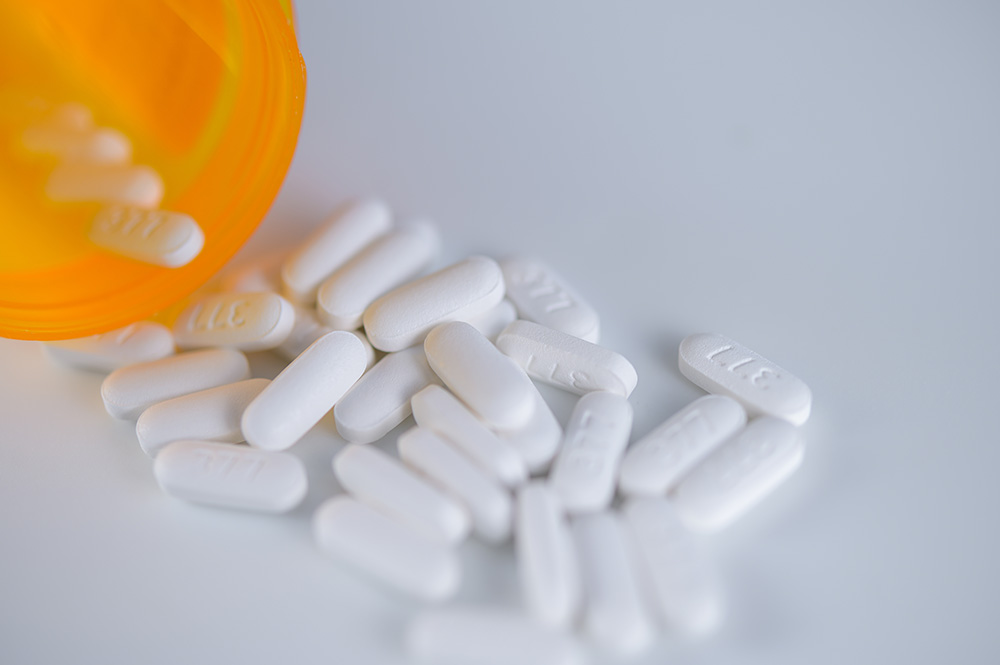How to Deal with an Addictive Personality

Addiction is considered a chronic mental health disorder, a disease where your frontal cortex works against you and makes it harder to say no to drugs or alcohol. An addictive personality is a personality where someone is more likely to become addicted or to overindulge in anything. What is an Addictive Personality? An addictive personality […]
Key Coping Skills for Relapse Prevention

Gaining the right coping skills for relapse prevention can make a world of difference during the recovery process of addiction. While relapse is an unfortunate part of many people’s recovery journey, it doesn’t have to be the end. With the right skills and tools, people can learn how to effectively cope with triggers and setbacks, […]
The Connection Between Borderline Personality Disorder and Memory Loss

Borderline personality disorder, or BPD, can make everyday life a struggle, and this includes people who struggle with memory issues due to BPD. Borderline personality disorder and memory loss go hand in hand for some individuals with the disorder. While memory issues aren’t as widely recognized as other symptoms of BPD, they can have a […]
What Does Recovery Mean in Addiction?

Recovery can be a powerful way to frame your addiction journey, set goals, and ultimately develop a plan to help maintain your sobriety. But what does recovery mean in addiction? Is it different from recovery in a medical sense? Or recovery from an injury? Recovery in addiction usually means achieving and maintaining sobriety. But, this […]
What Does Adderall Addiction Recovery Look Like?

Adderall addiction recovery, like all substance use disorder recovery, is a lifelong process. It involves breaking the physical and psychological dependence on Adderall, learning healthy coping mechanisms for ADHD or narcolepsy, and making necessary lifestyle changes to maintain sobriety. How do you get started with Adderall addiction recovery? What does long-term recovery look like? Here […]
What Are the Best Relapse Prevention Techniques?

Recovery from addiction is a continuous journey that requires ongoing effort and self-awareness. While relapse is a common part of this process, it doesn’t mean failure—it’s an opportunity to learn and strengthen your commitment to sobriety. Understanding and implementing effective relapse prevention techniques can help you navigate challenges, reduce risk, and maintain long-term recovery. What […]
How Long Do Opioids Stay in Your System?

Opioids, widely prescribed for pain management, are among the most commonly misused medications in the United States. Understanding how long opioids stay in your system is vital for those in recovery, individuals managing chronic pain, and anyone seeking insight into how these substances affect the body. What Are Opioids? Opioids are a class of drugs […]
What Are the Most Widely Abused Drugs in the United States?

Substance abuse, a pervasive concern for public health in the United States, affects a significant portion of our population. Understanding the scale of this issue and devising effective strategies for treatment and prevention is paramount. This article delves into the substances most frequently misused in the U.S., drawing from data and perspectives found in governmental […]
Is There a Test for Bipolar Disorder?

Bipolar disorder is a type of mental illness characterized by periods of extreme highs and devastating lows. It can be quite difficult to deal with, and it can negatively affect the person with the disorder as well as those around them. Fortunately, bipolar disorder is manageable. But the first step is diagnosing the issue. If […]
What are the Signs of a Prescription Opioid Addiction?

Opioids are often prescribed to patients who are dealing with high levels of pain. While they are effective in providing relief, they are also very addictive. Many people who start out taking opioids for legitimate medical reasons end up with dangerous dependency issues. Once an addiction forms, it can be challenging to resist it. Fortunately, […]





